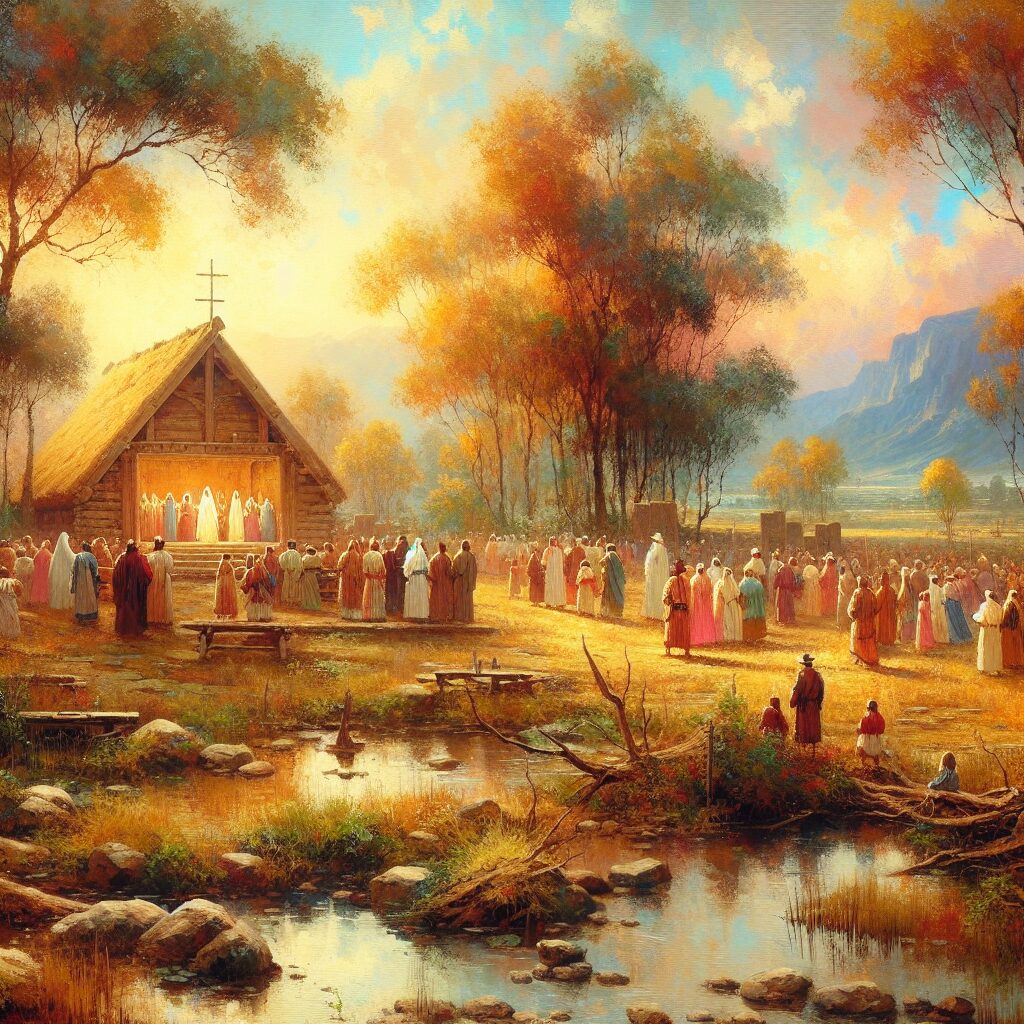Daily Bible Affirmation for April 20, 2021 – Deuteronomy 6:6

Bible Verse
“And these words that I command you today shall be on your heart.” – Deuteronomy 6:6
Reflection
Embedded within the Old Testament, Deuteronomy 6:6 serves as a timeless reminder of the profound importance of nurturing our relationship with God through His Word. This verse encourages every believer to embrace and internalize God’s commandments, not merely as rules to be followed out of obligation, but as divine wisdom to be cherished and meditated upon from the depths of our hearts.
Having the commandments “on your heart” signifies a deep, personal connection and commitment to God’s promises and teachings. It suggests that faith is not just an intellectual agreement with doctrines but an intimate, ongoing dialogue between the divine and the believer that permeates every aspect of daily life. This verse implores us to go beyond rote memorization and truly integrate God’s words into our being, influencing how we think, act, and interact with the world around us.
In a world filled with distractions, challenges, and uncertainties, keeping God’s words close to our hearts serves as an anchor that grounds us. It is the internal compass that guides us with love, compassion, and faithfulness, even as we navigate life’s most turbulent passages. God’s love, as expressed through His commandments, is unwavering, reminding us that we are never alone in our struggles. When we truly listen and take to heart His words, we find the strength to persevere, the grace to forgive, and the hope to transcend our immediate circumstances.
Moreover, this verse underscores the inclusive and universal call of God’s love. It beckons every individual, regardless of background, to participate in a community of faith that transcends differences and unifies us under the banner of God’s grace. It challenges us to share this love with others, fostering relationships that are steeped in understanding and empathy. The indwelling of God’s words empowers us to reflect His character to others, becoming vessels of hope and instruments of peace in the world.
By internalizing God’s words, we are also invited into a journey of personal growth and transformation. The meditative process of holding these commandments in our hearts transforms our outlook and aligns our desires with God’s will, fostering authenticity and integrity. In doing so, we cultivate the spiritual resilience necessary for weathering life’s storms, reassured by the knowledge that the Creator of the universe cares for us deeply and continually guides us toward our highest good.
Closing Thought
Let your heart be a sanctuary for God’s words, allowing them to flourish and illuminate your life with love, wisdom, and hope. Embrace this divine invitation to walk closely with God, letting His teachings guide your journey toward a life of purpose and peace.
Daily Bible Affirmation for April 20, 2021 – Deuteronomy 6:6 Read Post »



